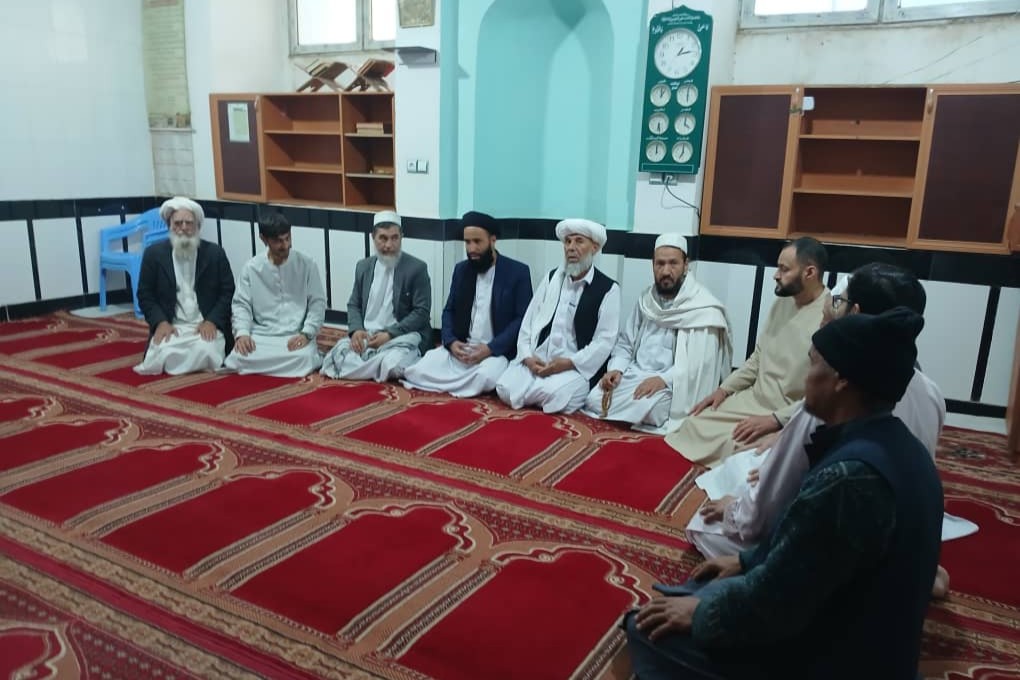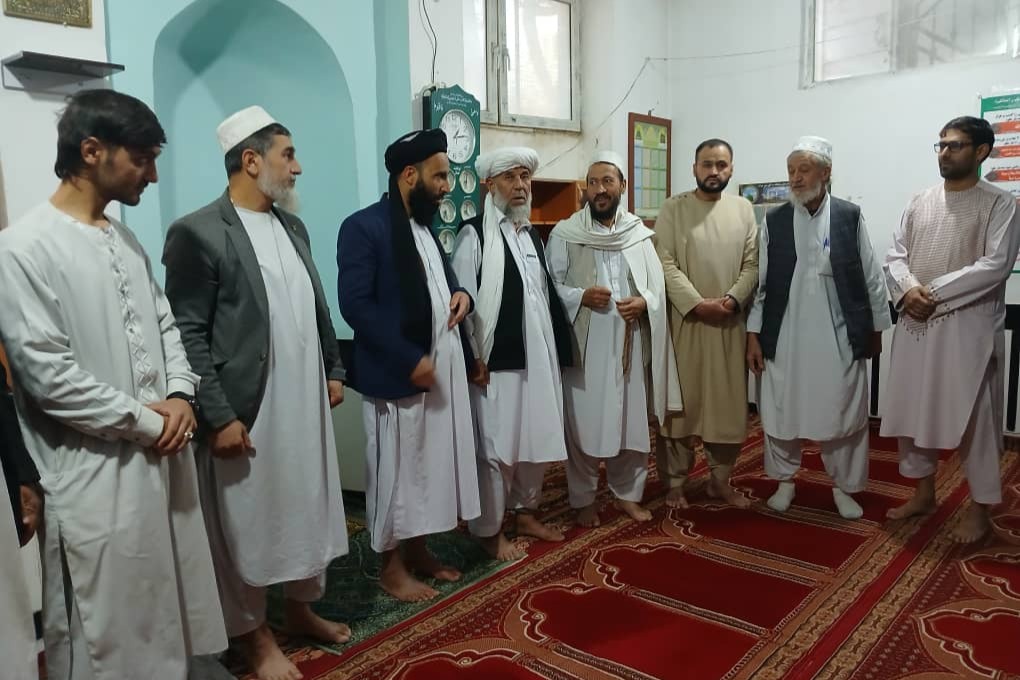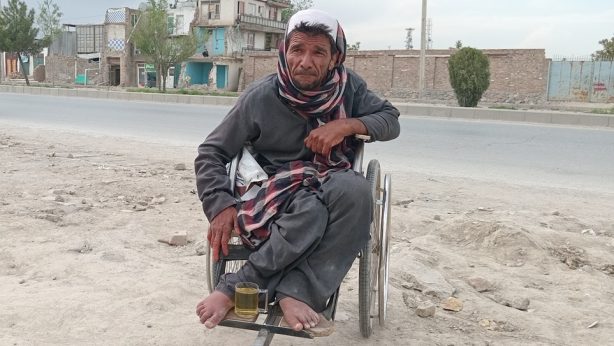Efforts of Ghor’s Religious Scholars to Eradicate the Poliovirus

Ghor, Afghanistan – In a small mosque on the outskirts of Ferozkoh, the capital of Ghor province, Mullah Hamidullah Mohammadi, the imam of the mosque, speaks to worshippers about the importance of polio vaccination after leading the congregational prayers.
This religious scholar, who has been leading prayers at this mosque for the past five years, works diligently and with optimism to encourage parents to vaccinate their children.
The Connection Between Religion and Health
Mullah Hamidullah Mohammadi, who has closely collaborated with polio vaccination teams for several years, emphasizes that preserving life is an obligation in Islam. He stresses that parents are duty-bound to vaccinate their children against polio to protect them from this dangerous disease.
“Some people, due to misconceptions, believe that polio vaccination is not permissible, but Islam views this act as a religious and humanitarian duty. Polio vaccination saves children’s lives,” he states.
This religious scholar, who has encouraged many families to vaccinate their children, believes that many instances of resistance and opposition stem from a lack of sufficient knowledge about both religion and medicine.
The Impact of Religious Scholars’ Efforts
The role of religious scholars like Hamidullah Mohammadi has paved the way for more successful polio vaccination campaigns in Ghor compared to the past.
Many families who were previously hesitant to vaccinate their children are now bringing them to health centers after receiving sufficient awareness.
Thirty-year-old Zakia Karimi, who works as a vaccinator in the province, says, “People listen to the words of religious scholars and trust them. Many mothers who previously refused to vaccinate their children now vaccinate them thanks to the encouragement of imams, religious scholars and tribal leaders.”
Karimi notes that while awareness about the importance of vaccination is low in remote areas, the efforts of religious scholars and tribal leaders have helped overcome this obstacle.
 Mullah Hamidullah Mohammadi, who has closely collaborated with polio vaccination teams for several years, emphasizes that preserving life is an obligation in Islam. He stresses that parents are duty-bound to vaccinate their children against polio to protect them from this dangerous disease. © Polio Free Afghanistan/ 2024/ Marzia Frotan
Mullah Hamidullah Mohammadi, who has closely collaborated with polio vaccination teams for several years, emphasizes that preserving life is an obligation in Islam. He stresses that parents are duty-bound to vaccinate their children against polio to protect them from this dangerous disease. © Polio Free Afghanistan/ 2024/ Marzia Frotan
Changing Family Mindsets
Mina Ahmadi, a mother of two who brought her children to the health center for vaccination, says, “In the past, I didn’t vaccinate my children due to a lack of information about its benefits, but after hearing the words of our local imam, I’ve now started vaccinating my children regularly.”
She added that her mother-in-law still believes that vaccinations make children sick. However, thanks to the efforts of the imam, she was able to persuade her husband to take their children to the hospital for vaccination.
Ahmadi also pointed out that a family member who was not vaccinated as a child is now paralyzed and a burden on the family.
Speaking with hope and confidence, this mother says, “I urge all mothers to vaccinate their children regularly to secure their future.”
The Positive Outcomes of Collaboration
The involvement of religious scholars and tribal leaders in polio vaccination campaigns has not only increased public awareness but also saved many children from disability.
Ghor’s experience demonstrates that when religion, community, and knowledge come together, misconceptions can be overcome, and a healthy future for children can be ensured.
As Hamidullah Mohammadi emphasizes, “Polio vaccination is not only a religious duty but also a vital step toward safeguarding future generations.”
Marzia Frotan, Polio-Free Afghanistan


